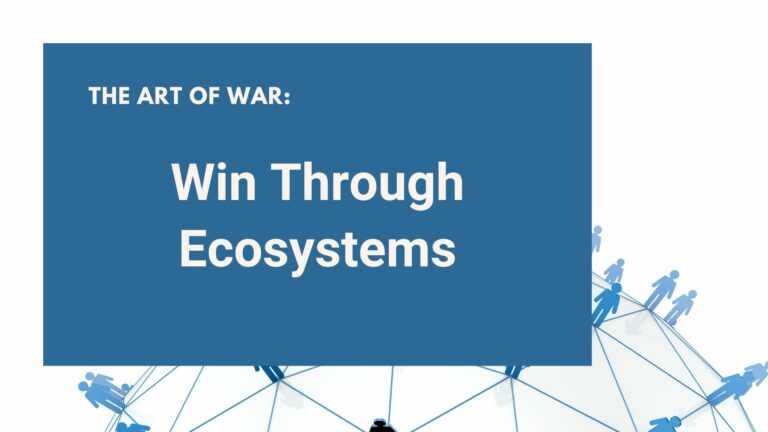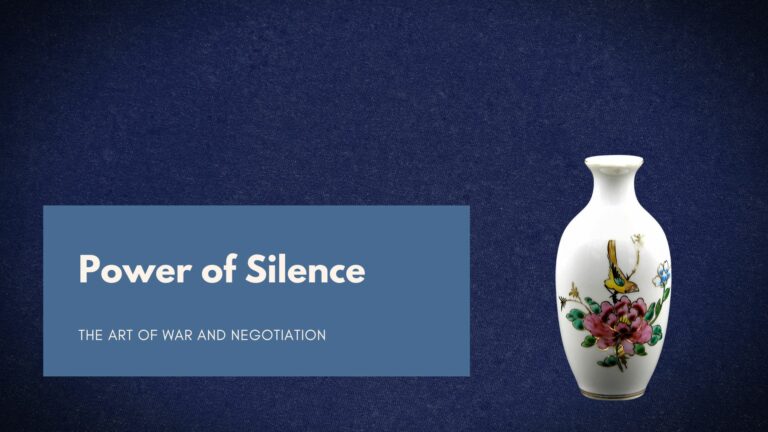The Art of War in Business: How Asian Disruptors Are Outmaneuvering Global Giants
Over the past decade, the global business landscape has undergone a seismic shift. Many of the world’s most disruptive companies have emerged from an unexpected source: Asia—particularly China. Powerhouses like TikTok, BYD, Shein, Tmall, and DeepSeek have not only redefined industries but also caught established competitors off guard, reshaping market dynamics at an unprecedented pace.
What sets these disruptors apart is not just innovation but strategy. Many of them exemplify principles found in one of history’s most influential texts on strategy: Sun Tzu’s The Art of War. These companies don’t simply compete; they maneuver, adapt, and dominate, mirroring the strategic sophistication of ancient military wisdom.
Winning Without Fighting: The Art of War in Modern Business
Sun Tzu famously taught that “the supreme art of war is to subdue the enemy without fighting.” Rather than engaging in direct, resource-draining confrontations, successful businesses position themselves strategically to make competition irrelevant.
Take Shein, for example. The online fashion retailer has quietly surpassed industry giants like Zara and H&M in revenue, leveraging a powerful competitive advantage: control over the “terrain.”
By embedding itself in Guangdong—China’s garment manufacturing hub—Shein operates at the heart of a vast supply chain ecosystem. This gives it unparalleled access to raw materials, skilled labor, and logistics networks, enabling lightning-fast production cycles.
Here’s how that plays out in numbers:
✅ Shein can design, produce, and launch new styles in 5–7 days—faster than Zara’s 14-day best and leagues ahead of traditional 30–45 day cycles.
✅ Its inventory model is hyper-efficient, maintaining single-digit inventory levels, while Zara pre-produces 50–60% of its stock, and traditional brands commit to 80–90% in advance.
By eliminating excess inventory, minimizing waste, and staying hyper-responsive to trends, Shein has turned supply chain agility into a competitive weapon—disrupting the entire fashion industry without engaging in a direct price war.
The Universal Power of Strategic Thinking
While China’s rise has spotlighted these strategies, the principles of “The Art of War” are universal. Many of the world’s most successful companies—Amazon, Apple, and Tesla—have also mastered the art of strategic positioning, adaptability, and efficient resource deployment.
In today’s rapidly evolving business environment, the ability to think flexibly and act decisively is not optional—it is essential for survival. Sun Tzu’s philosophy aligns seamlessly with modern agile methodologies, where quick iteration and responsiveness define success.
At its core, “The Art of War” teaches that true power lies in understanding both your strengths and your competitors’ weaknesses. Companies that cultivate this self-awareness can optimize operations, seize emerging opportunities, and build long-term competitive advantages.
A Wake-Up Call for Global Businesses
The rise of Asian disruptors serves as a clear signal: Traditional business models are no longer enough. Firms that rely solely on brand legacy, scale, or outdated strategies risk being blindsided.
The battlefield of global business is shifting. Companies that embrace Sun Tzu’s strategic wisdom—adapting, maneuvering, and outthinking their competitors—will thrive. Those who fail to do so risk being left behind.
Final Thoughts
Asian disruptors are proving that strategy, not size, determines success. As technological change accelerates and market landscapes become more complex, the ability to think strategically and move decisively will separate the winners from the obsolete.
What are your thoughts? Do you see parallels between “The Art of War” and today’s business landscape? Let’s discuss this in the comments.



